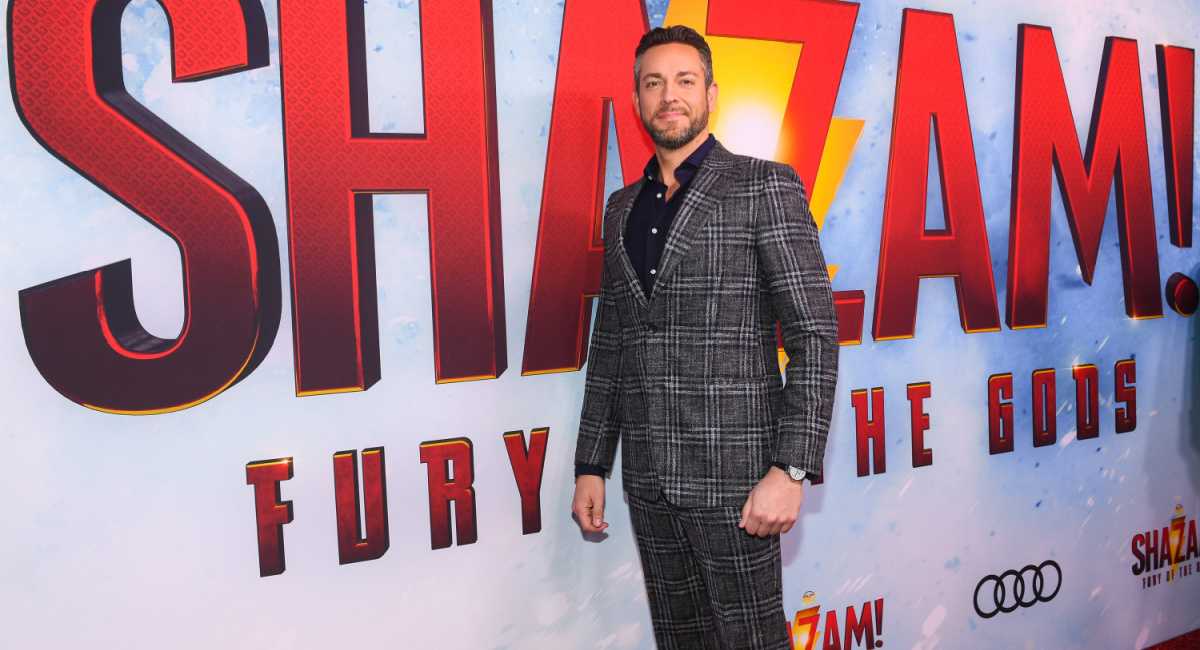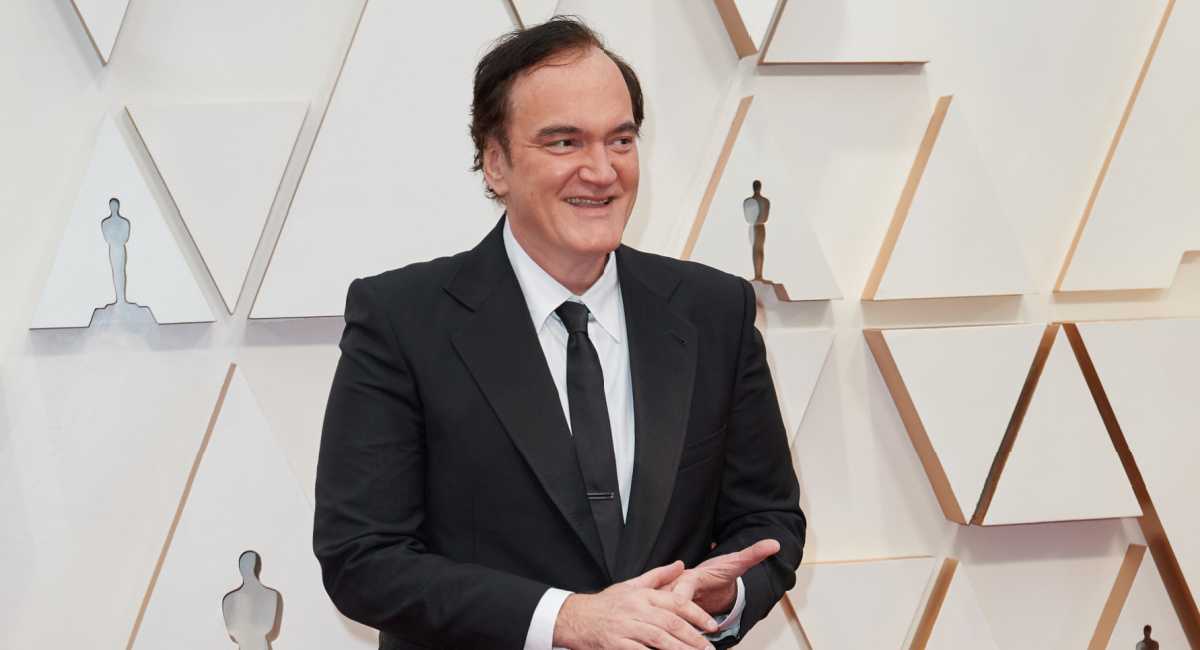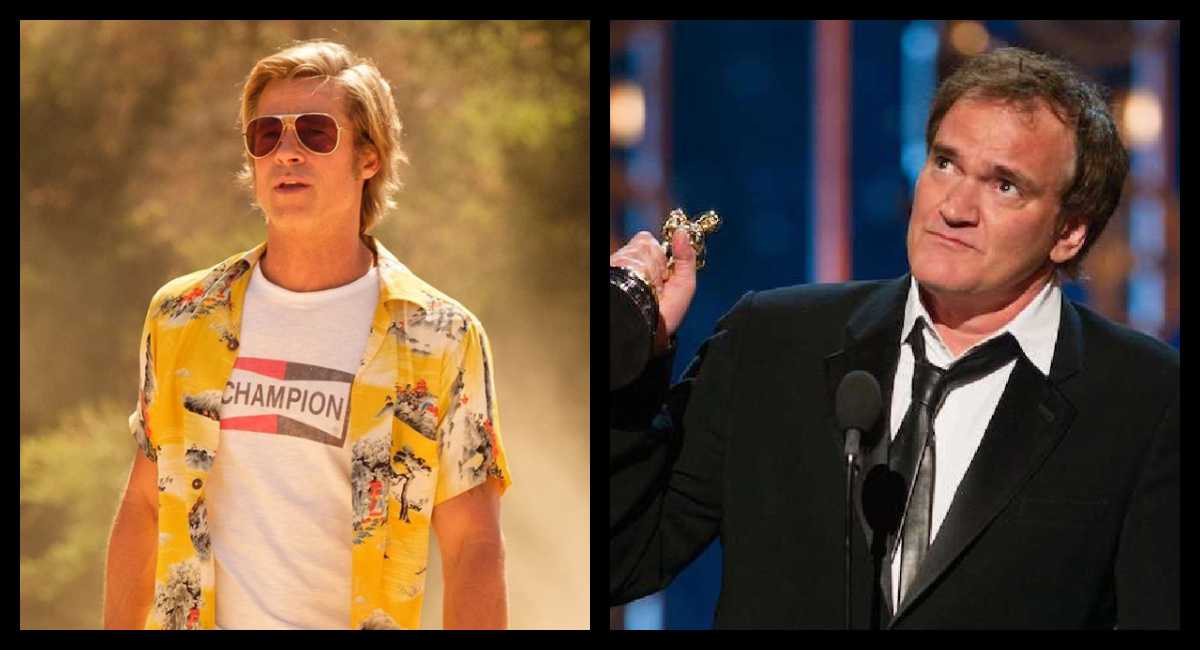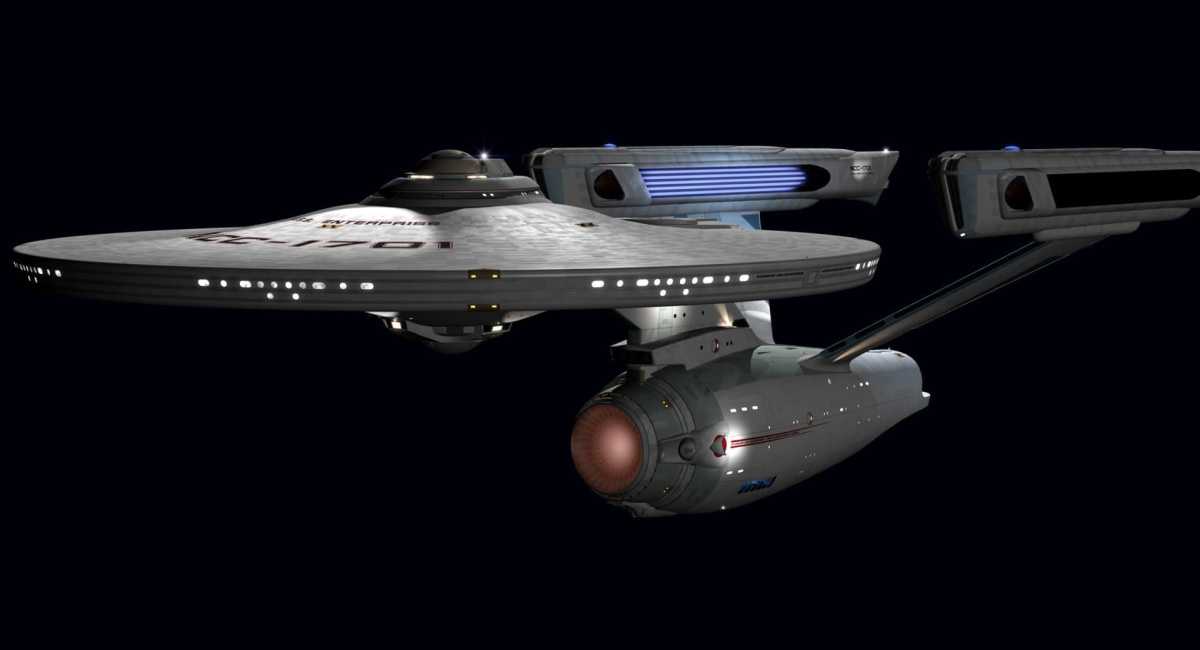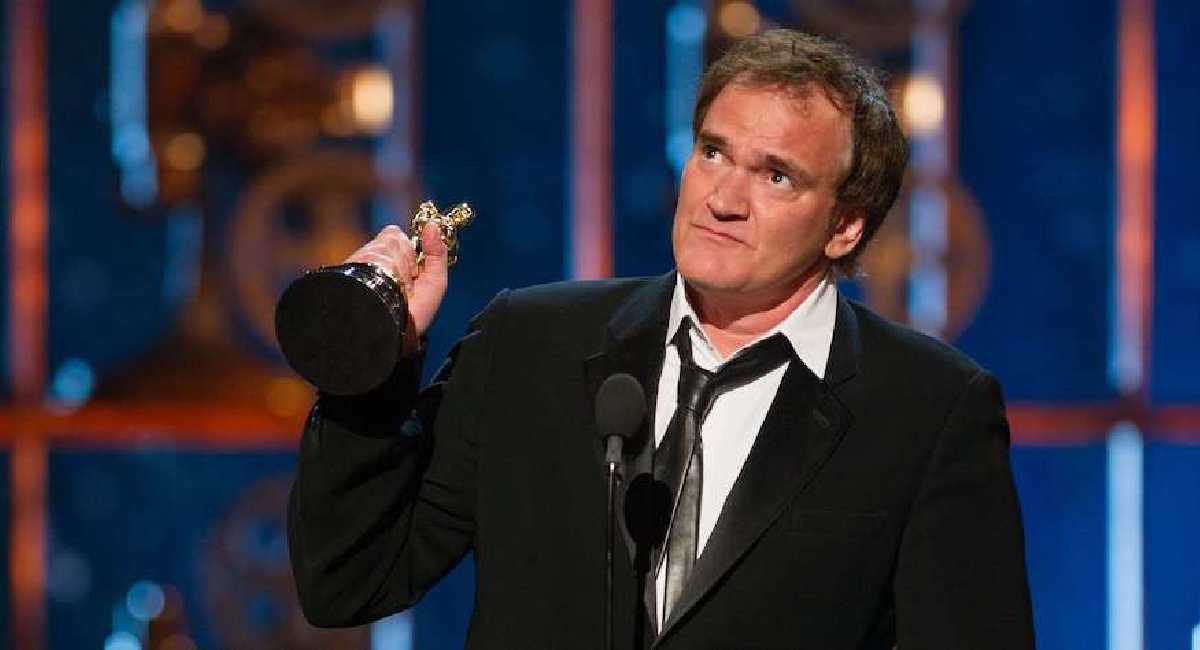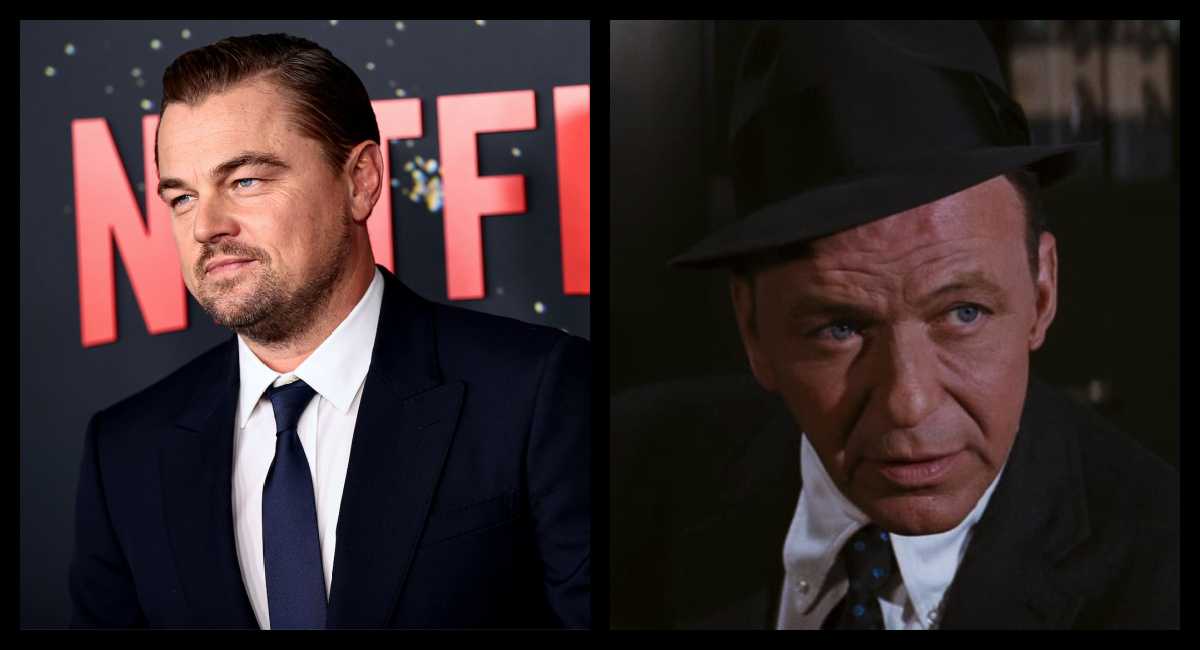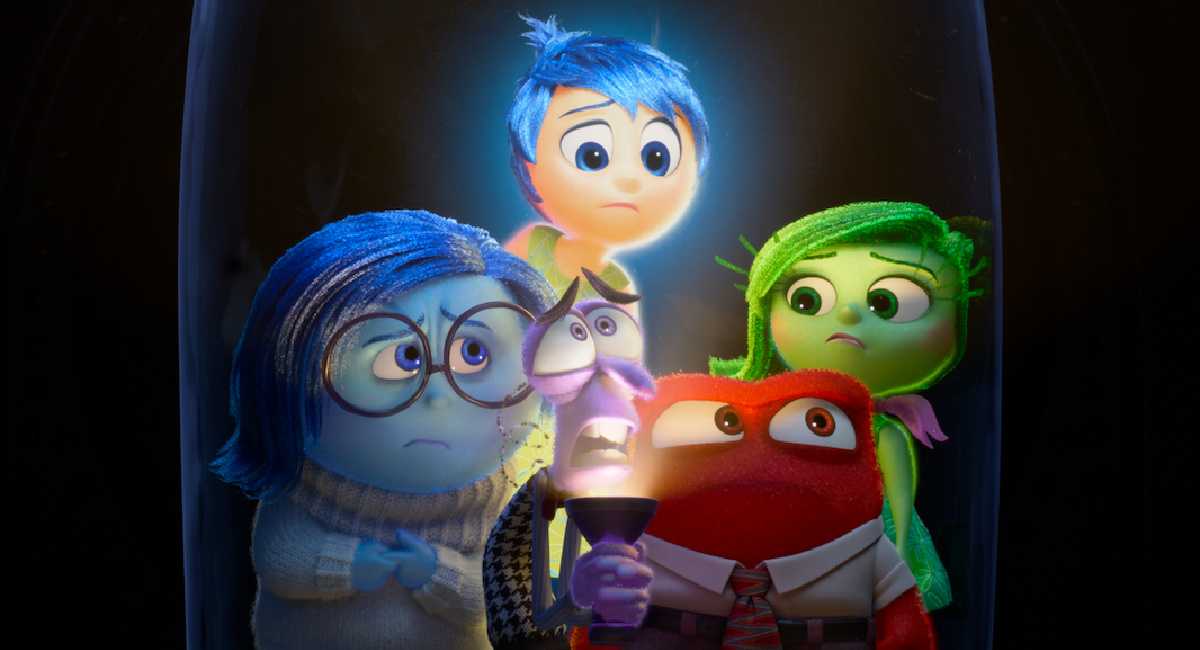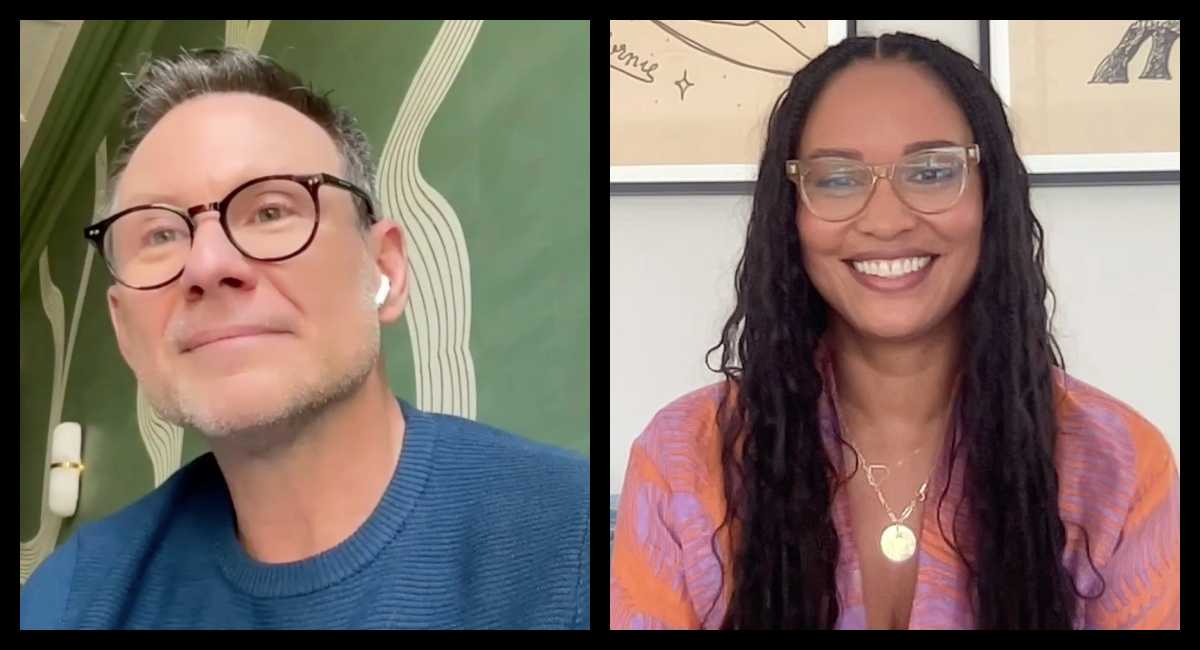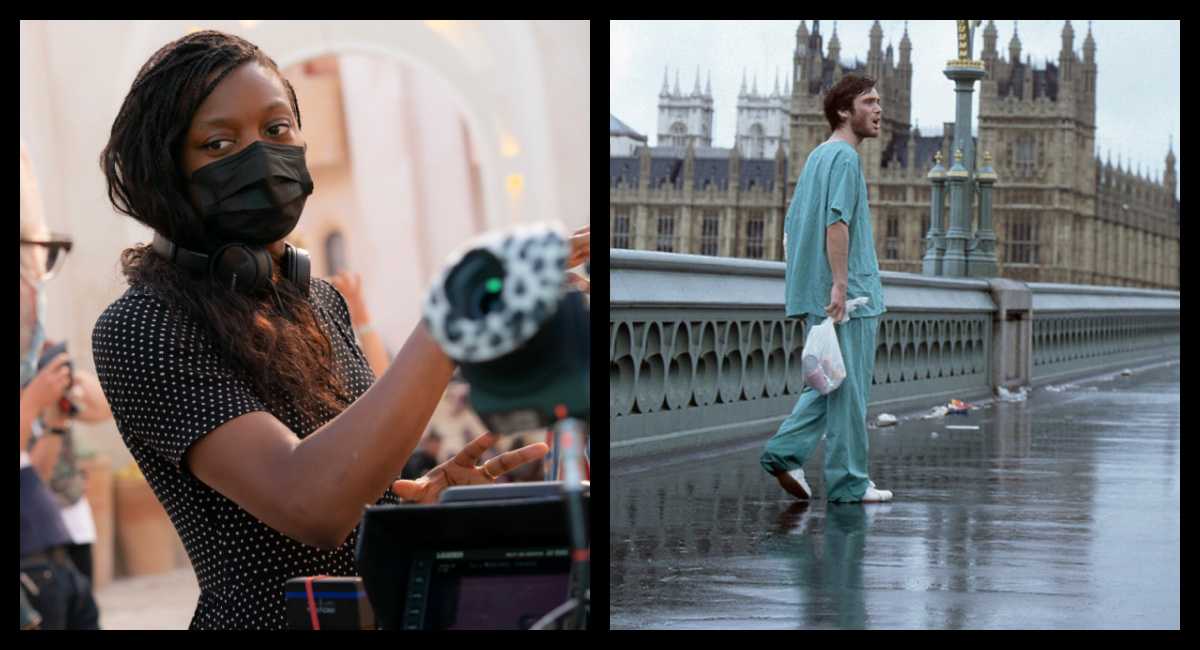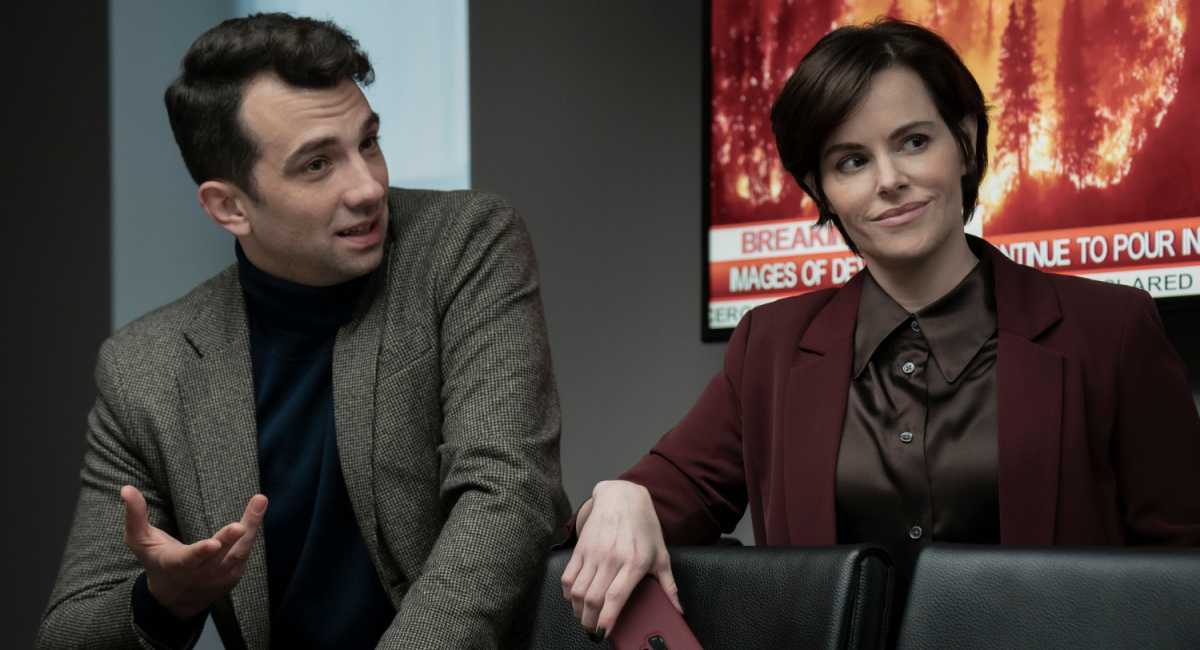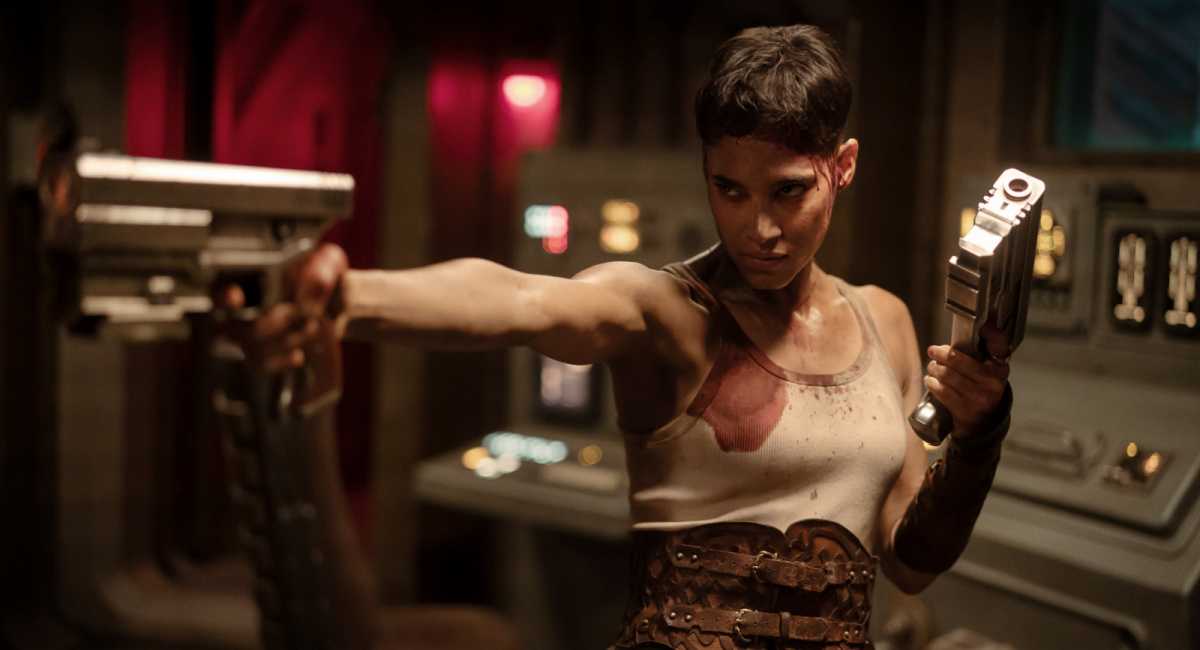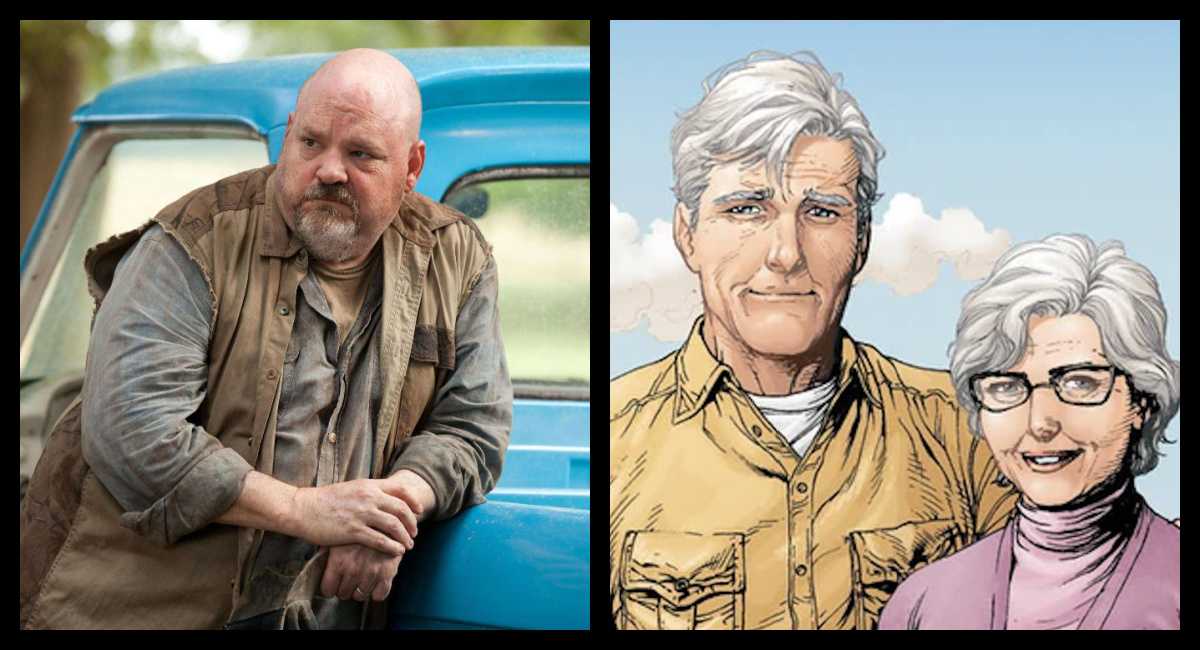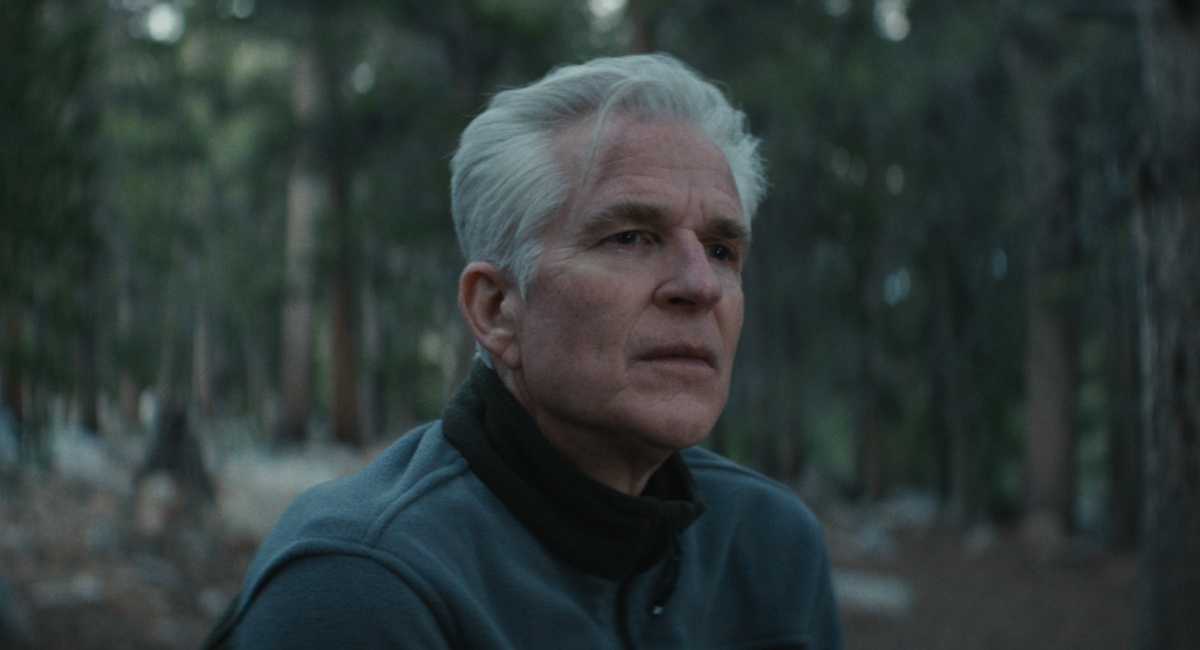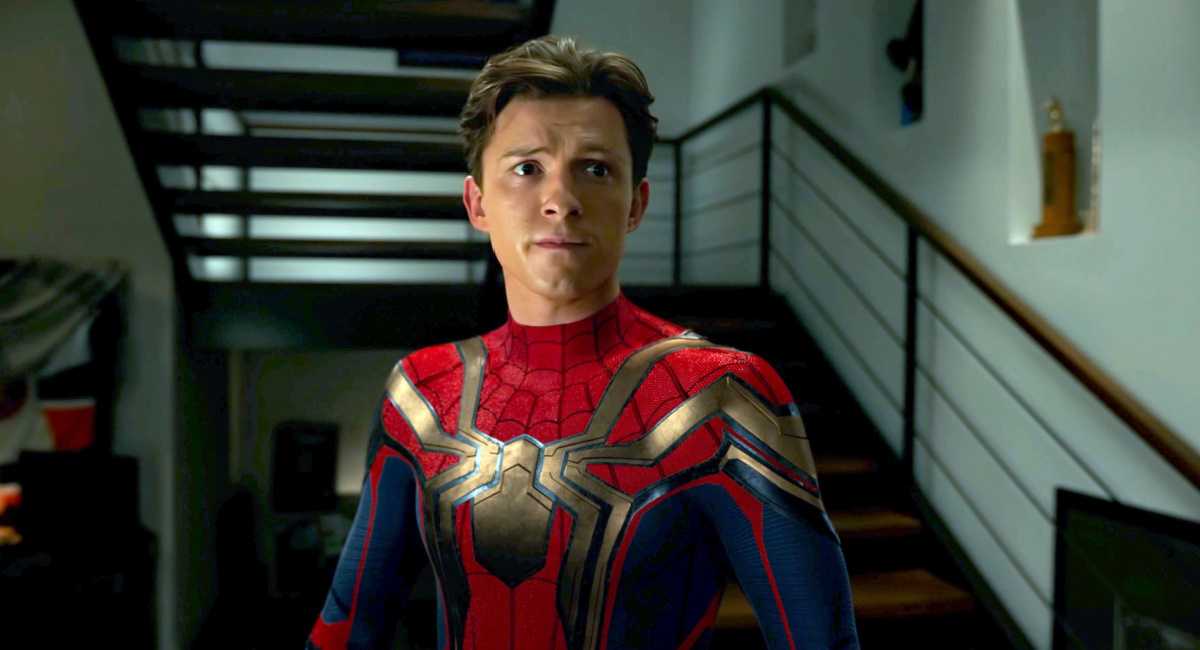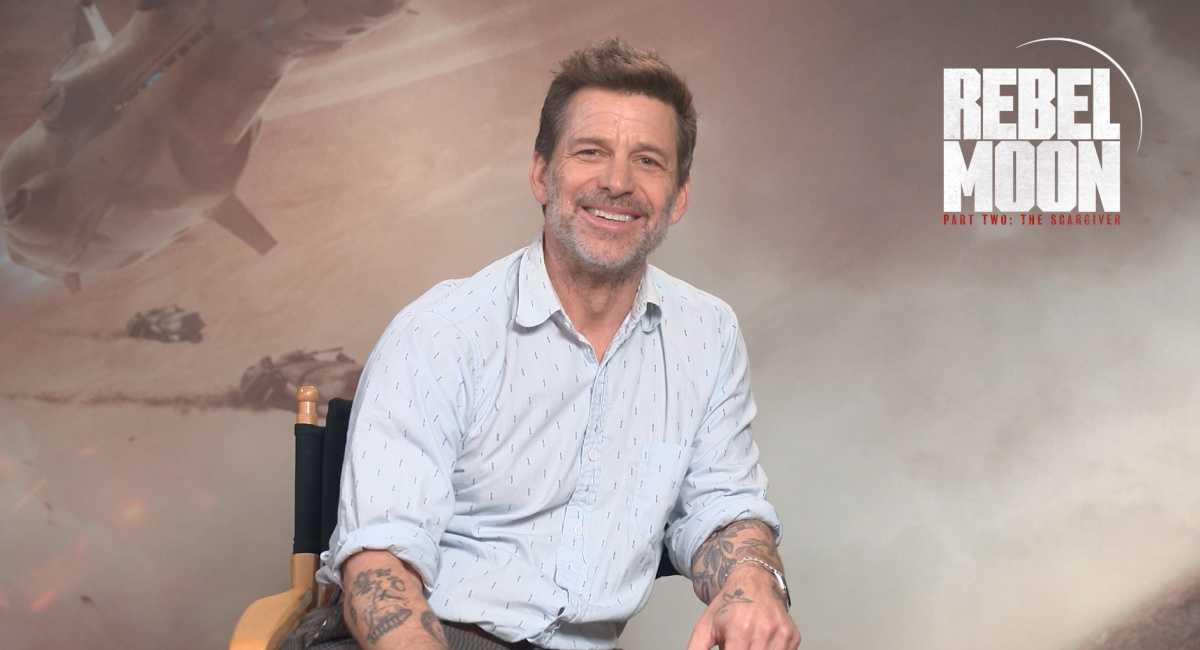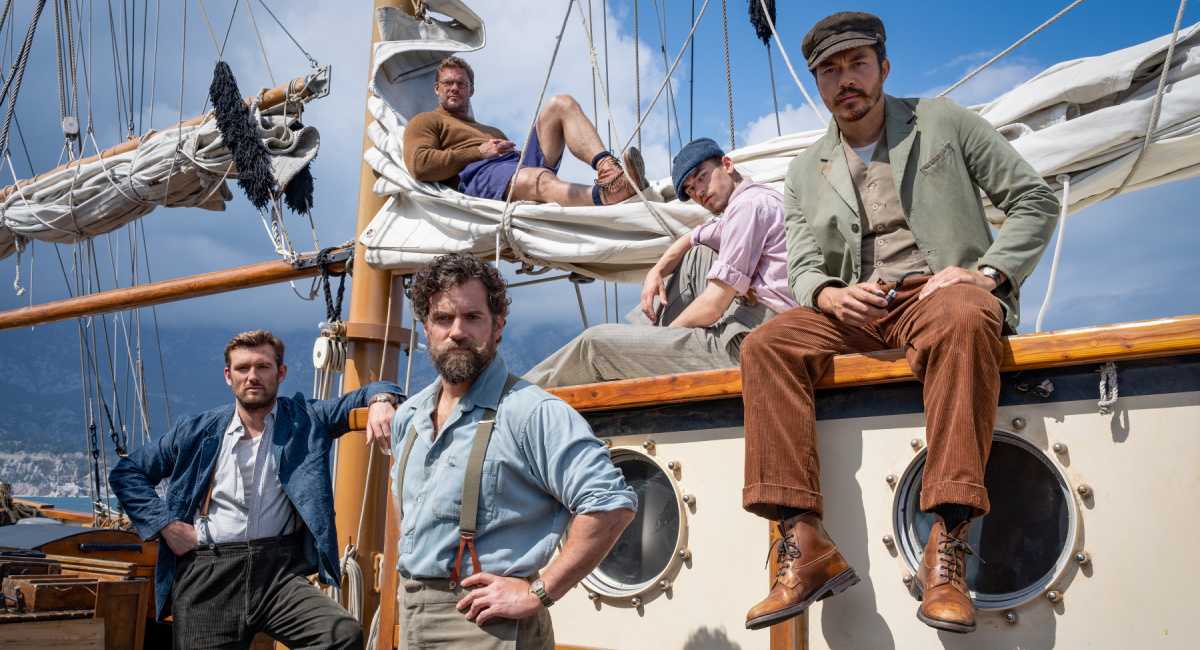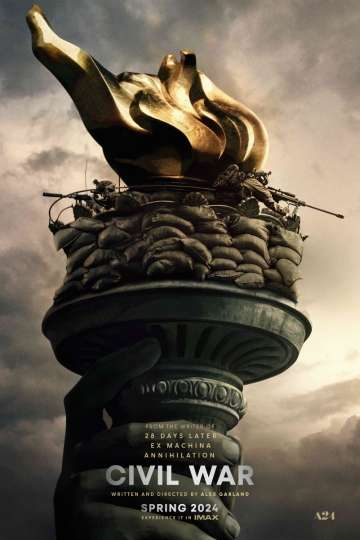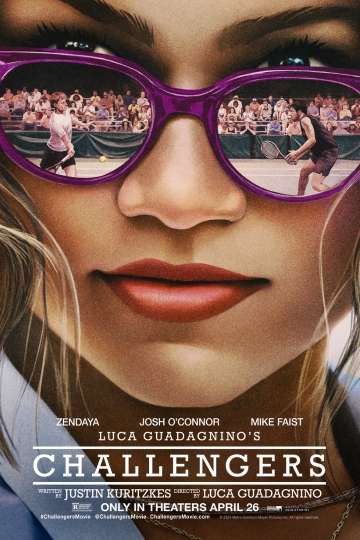What Made the Kurt Russell/John Carpenter Partnership So Special
It seems like it would have never worked.
Kurt Russell was an actor whose all-American good looks and natural sweetness landed him in countless roles for Walt Disney, while John Carpenter was the filmmaking natural whose breakout student film combined horror, comedy, and science fiction (and was so good, that it was lengthened and released commercially as a feature). In the Venn diagram of creative partnerships, there didn't seem to be too much overlap; Carpenter's punk rock spirit would never mesh with Russell's inherent wholesomeness.
And yet...
In 1978, just a year after Carpenter broke box office records for independent cinema with his game changer "Halloween," the filmmaker was given a seemingly impossible task: tell the story of Elvis Presley, American icon, with a budget of a little over $2 million and a running time of just two-and-a-half hours (three with commercials). Carpenter knew he was going to have to hire a professional for "Elvis," who could work long hours and be comfortable in any situation. And that man was Kurt Russell. (Russell had actually worked with Elvis once before, in 1963's "It Happened at the World's Fair" -- he got to kick Elvis in the shins).
Clearly, the two got along well, because just a few years later, when Carpenter was putting together his futuristic action movie "Escape from New York," he called upon Russell. Now, you start to see what Carpenter saw in Russell: his terseness, his ability to convey a character through sheer physicality, and his genuine playfulness; all of this would be necessary to play Snake Plissken.
These were also traits that could be found in some of Carpenter's heroes, the stars of countless westerns the director watched as a child. There's definitely a John Wayne quality to Russell's performance in "Escape from New York" (and its underrated sequel, 1996's "Escape from L.A."), and his look, with the long leather duster, was certainly borrowed from another western hero of Carpenter's, Clint Eastwood. There's a moment in Quentin Tarantino's high-flying horror film "Death Proof" (itself an homage to Carpenter's work), where Russell actually does a Wayne impression. It's pretty awesome.
By the time they made "The Thing" in 1982, the Carpenter/Russell collaboration was totally synchronous. This is the movie where Russell is the most like Carpenter's stand-in; he's brilliant, hard-nosed, and sports a truly wicked beard (although, to be fair, Carpenter is known mostly for his mustache). As a man trapped in an arctic research station, trying to figure out which of his confederates have been turned into a hideous space beast, Russell brings an everyday realism to the character. It's less heightened than Snake or Elvis. And it's arguably one of Russell's greatest roles and, along with it, Carpenter's greatest films.
When "The Thing" was released, the backlash was poisonous, but it must have been heartening that Carpenter and Russell went through it together and had each others' backs. Today, it's rightly seen as a masterpiece. But back then, it helped that they were so close.
Four years after "The Thing," the pair made "Big Trouble in Little China." This was the goofiest film in their stable and one of the most experimental. It crazily blending eastern and western motifs and cinematic genres with reckless abandon. More than a decade before "The Matrix" made Hong Kong influences cool, "Big Trouble in Little China" mixed martial arts with spiritual mysticism, and the results were even better. You could tell that the two were comfortable enough in their relationship to push Russell out of the limelight and fashion him more as a supporting, comedic character. The results were incredible and it was proof that the two had gotten into a spirited creative groove.
And then, for a while, there was nothing.
It wasn't until the pair reteamed for "Escape from L.A.," released a whopping ten whole years after "Big Trouble in Little China," that you really felt the true impact of not having the duo together and making movies. The movies that Carpenter made in between Russell collaborations were fine; he was being tugged in one direction, while Russell was being pulled in the other. But the alchemy truly happened when they were paired up, totally in sync and making terrific genre fare.
What makes the partnership between Russell and Carpenter so special is that the movies they made together are unlike the movies they made in either of their catalogues. And, quite frankly, they're unlike any other movies, period.
They are wholly unique and born from a creative partnership that ran so deep, that they feel like a pure artistic expression. In a way, their differences are what made their accomplishments even grander. The renegade filmmaker and the squeaky clean star teamed up and made Hollywood history.
Yes, sir, the check is in the mail.


